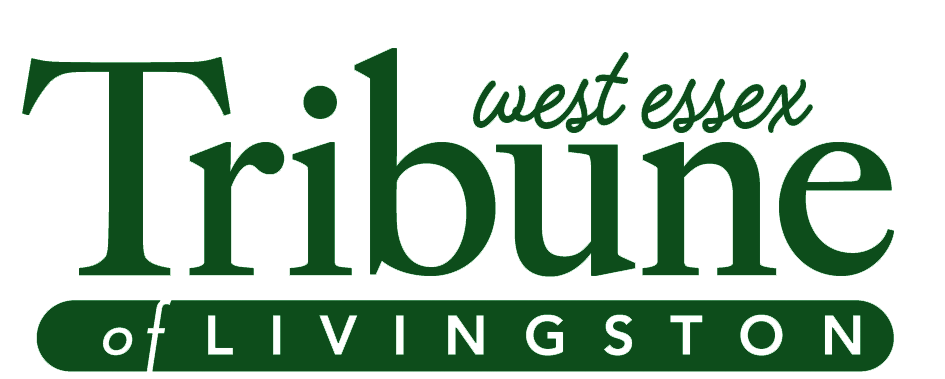Dear Editor: A Livingston resident called me this week to report how he was scammed by someone pretending to be from Microsoft, texting him and stating his computer was hacked, loaded with malware and needed to be repaired.All that was required was granting entry to his computer and a few minutes to correct it to avoid any contamination.
Of course this was a scam using false identification. The scammer had used AI to create a false Microsoft listing and what seemed to be legitimate Microsoft identification.
Allowing the scammer to take control of his computer resulted in the taking of much of his personal information. This led to the taking of thousands of dollars from the resident’s bank account. Plus, an attempt at identity theft. The attempt at identity theft was thwarted but required changing credit cards, bank accounts and other asset registrations, plus freezing credit bureau accounts.
With increasing quality of AI programs, scammers have greater ability to acquire information by spamming realistic websites and using phony telephone numbers to get you to answer. They then can duplicate your voice and have hacked your computer or phone pretending they are you and attempt to scam your contacts as well.
Do not answer telephone calls if you suspect the call is not legitimate, do not open attachments in emails or text messages from sources you did not initiate contact with and never allow anyone to enter your computer.
Scamming has become a multibillion dollar a year cost in lost assets and the available resources keep increasing and improving.
So, remember to be cautious and alert so you do not become a victim. Walter LeVine Director, Livingston Consumer Affairs Walnut Street


